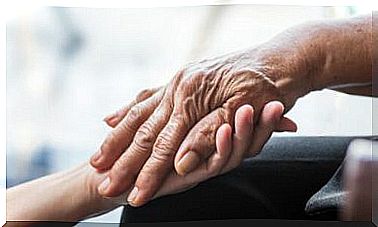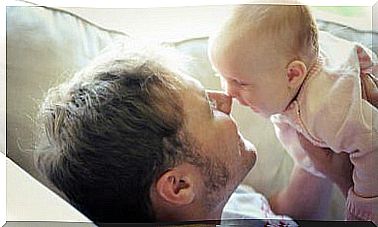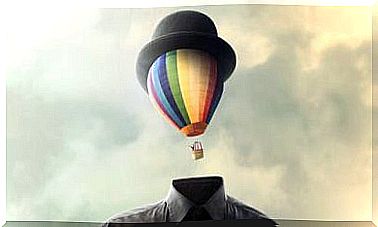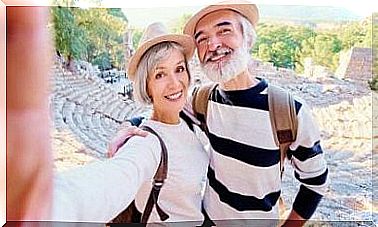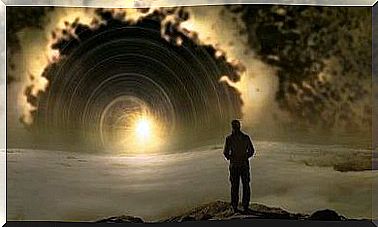Crises Portray Great People

The word crisis derives from the Greek verb “krino”, it means “ I judge and choose.” This concept suggests a choice or moment in which different perspectives and opportunities are represented (Onnis, 1900). Thus, we can consider them as a process of natural homeostasis between the person and the environment. Balance is achieved by changing the weights of our balance or by reattaching the structures. Therefore, it offers the possibility of producing changes that offer new forms of adaptation.
What differentiates the functionality of a person or family is not the absence of crisis, but how they have been faced and in what way it has contributed to personal / family growth and development. There are events that by their nature or by the time they occur, exceed resources and cause damage.
The types of human crises
Throughout life, each person must face a series of critical moments that can be classified in different ways. From a point of view of the evolutionary development of people, there are two types:
- Regulations: specific to their life cycle and expected (marriage, job / housing search, retirement …).
- Non-normative: refers to circumstantial, unpredictable, accidental and unexpected crises, which originate from one or more events. Appearing suddenly requires an immediate response from the person or persons.
They may or may not be predictable, but they all have one thing in common: the problem that motivates them cannot be solved. In terms of mental health, the results of any crisis are the same, but personal experience varies.
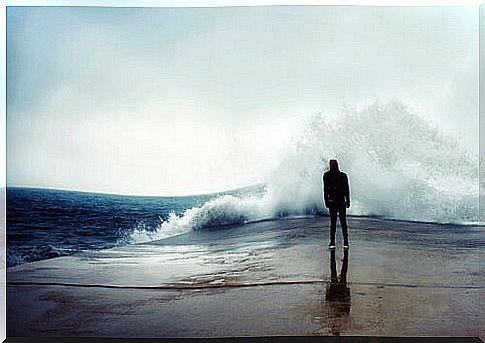
What determines a crisis?
We are not isolated people who have personal crises encapsulated in a waterproof bubble. The factors that determine the evolution of these can be grouped into three types:
- Severity of the events that precipitate the crises.
- Family resources: flexible roles, socioeconomic and functional characteristics, care, emotional support …
- Social supports: family, friends, the community, or significant others can help minimize the harmful effects.
From different perspectives, the theory of life events, cognitive theory, coping theory and the theory of the reactivation of past histories try to explain the crises. Novack (1978, cited by Slaikeu, 1996) suggests that the potentiality of an event to produce a crisis depends on the moment in which it occurs, its intensity, duration and degree that interferes with the development of the person.
Humans: a resilient species
Since time immemorial, the human being has been recovering from incessant wars, massive crises, disasters, violence … Crises leave their mark, which passes from generation to generation, but also in our minds and emotions.
Why are people who experience a critical situation not seriously affected and others are? Because one of the biggest problems in mental health is chronicity or the serial repetition of critical events, in addition to the fact that the person has few resources to deal with them.
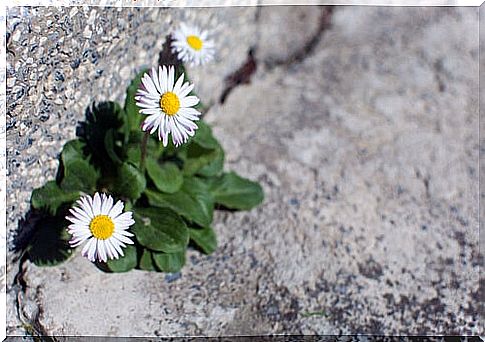
Every crisis supposes a message
People who experience a crisis receive an imposed message. The message may or may not be consciously processed, and is projected as a script into the person’s later life. Caplan is interested in understanding how the union of what happens to the subject in the first three days and the description of the experience affects their cognitive functioning. Dyregrov understands that the union of these elements explains the adaptation mechanisms of people.
How we integrate the story of these critical moments is finally projected in our future life scripts. It is impossible to escape the feeling and the immediate meaning of a period of this type, but later it can be modified through new, more positive messages.
The way in which a person’s basic needs are met after critical moments makes it difficult to build a pervasive negative script. It is also important to seek the conclusion that the person has made about the critical experience. Talking about crisis does not mean talking about victimhood. Victims of critical events had to manage that event and get on with their lives. These are great survivors.
Bibliographic references
Van der Kolk, BA (2015). The body keeps score: brain, mind and body in overcoming the trauma . Eleftheria.
Góngora, JN Reflections on the crisis in Haiti: from the individual to the community .
Góngora, JN Crisis, concepts and procedures .

